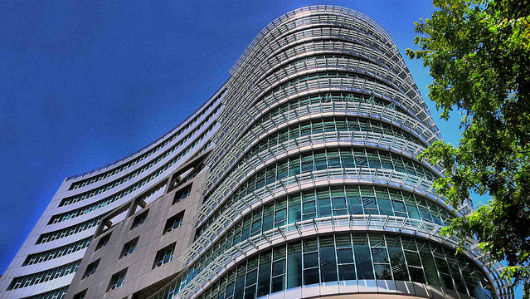Majlis grants ministers authority over top civil servant
Warning that the changes would compromise the civil service’s impartiality and meritocracy, PPM MP Faris Maumoon breached the ruling party’s whip line again and voted against the bill.

19 Jul 2016, 09:00
The People’s Majlis has approved legal changes to require the Civil Service Commission to consult ministers before appointing permanent secretaries, the highest-ranking civil servant at government offices.
“Public services will be disrupted if permanent secretaries and ministers don’t work together. Day-to-day services cannot be provided to the public,” contended MP Riyaz Rasheed of the ruling Progressive Party of Maldives.
The amendments to the 2007 Civil Service Act proposed by ruling party MP Abdul Latheef Mohamed were passed 46-22 at Monday’s sitting of parliament.
Opposition MPs accused the government of compromising the independence of the civil service and planning to sack some permanent secretaries.
Become a member
Get full access to our archive and personalise your experience.
Already a member?
Discussion
No comments yet. Be the first to share your thoughts!
No comments yet. Be the first to join the conversation!
Join the Conversation
Sign in to share your thoughts under an alias and take part in the discussion. Independent journalism thrives on open, respectful debate — your voice matters.




